Last month, I went on a 10-day vacation and in departure from past tradition, I used OpenAI’s ChatGPT to plan part of it.
When digital assistants like Siri, Alexa, and Google Assistant became available, people either used them to get weather updates or amuse themselves by asking for a joke.
With generative AI, the application extends far beyond what we believed possible only a few years back.
With ChatGPT, all I had to do was share the location and dates of my travel. It was not only able to find things to do but also cleverly map it across different days of my stay.
In simple terms, it is the world of generative AI and we are all living in it but the innovation is not coming from Silicon Valley alone.
Generative AI is eating the world

AI is seemingly everywhere and generative AI can be dubbed as the most impactful form of AI, one that is visible and understable to everyone.
The most accessible form of AI is still inside your smartphone. Whether it is the way your smartphone surfaces apps based on your behaviour or Gmail’s Smart Compose, AI is changing how we use our devices.
However, as generative AI has become popular and prominent, we are realising and experiencing the power of AI to generate things.
Generative AI, a form of artificial intelligence that generates (or creates) content like text or images, is taking the world by storm.
From helping people write fiction, developers write code, to producing voice samples and improving images with simple text prompts, generative AI is being applied in creative ways around the world.
While it is true that the likes of OpenAI, Microsoft, Google, NVIDIA, and others dominate the generative AI conversation, there is a lot of innovation coming from Europe as well.
According to Sifted, there are more than 130 startups working with generative AI tech in Europe and nearly a dozen of them are in the Netherlands.
Earlier this month, Paris-based AI startup Mistral announced an eyebrow-raising €105M funding within four weeks of launch and no product.
AI has become such a powerful buzzword that it has reignited the war between Microsoft and Google, bumped NVIDIA into trillion dollar valuation, and OpenAI the darling of investors as well as corporations.
Ascension of generative AI in the Netherlands

“We were working with generative AI even before it was famous,” says Michael Musandu, founder and CEO of Lalaland.
Amsterdam-based Lalaland uses generative AI to create models for fashion brands, helping them show their collections for any size and skin tone.
Musandu adds the fame of OpenAI has only accelerated the consumption of synthetic media, where Lalaland enjoys a first mover advantage.
In fact, it is not alone. Syntho has been working on state of the art generative AI technologies since the beginning of 2020 and is a leading player in AI-generated synthetic data.
Wim Kees Janssen, CEO and founder of Syntho, says, “As a leading provider of synthetic data software, our mission is to empower businesses worldwide to generate and leverage high-quality synthetic data at scale.”

Stef van Grieken co-founded Cradle in 2021 after working on AI and machine learning (ML) at Google for four years.
“The power of generative AI is really what inspired us to start Cradle,” he says, adding, “we saw the potential to make incredibly complex things like programming biology much easier.”
Zurich and Amsterdam-based Cradle helps scientists design and program proteins used in products such as drugs, food and materials faster, speeding up research and development in process.
Job Rietbergen, co-founder and CEO of Alphadoc spent nearly seven years working on ML and AI before beginning to build with generative AI.
He calls the current period of generative AI dominated by the likes of OpenAI as the ‘Copernican moment’ of AI.
“Across industry verticals, people expect a copilot-like experience, a private helper that’s by your side at all times, to which you can talk in plain English,” he says about the current dominance of generative AI technologies.
Applications of generative AI
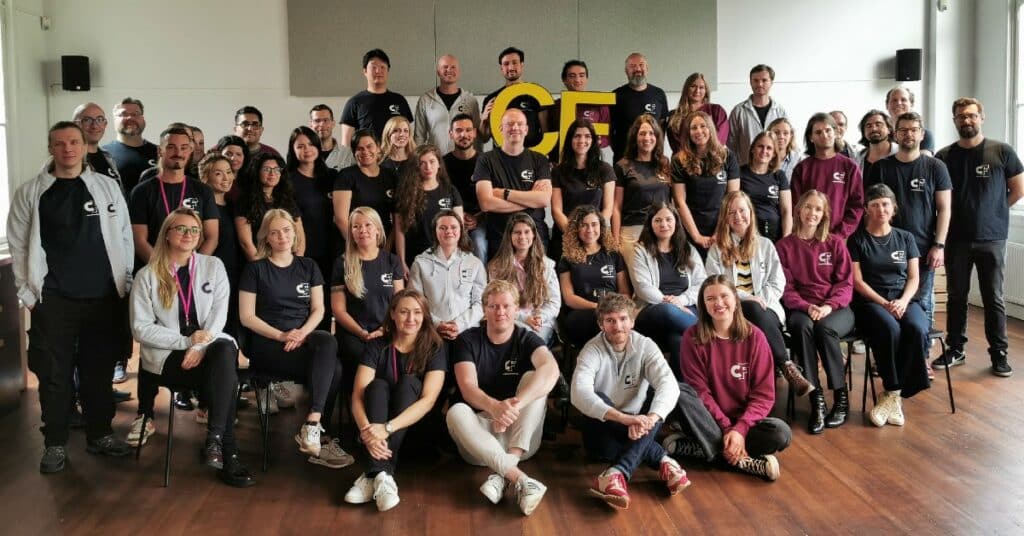
Roemie Hillenaar, co-founder and CEO of Creative Fabrica, sees creators among the first to take advantage of generative AI technologies.
This Amsterdam-based platform for creators has introduced a generative AI-based tool called CF Spark that helps designers offer tailored solutions for different design needs.
From the ability to generate transparent clip art, creating versatile, repeatable patterns to enabling iterative design with AI, Creative Fabrica is pushing the envelope for crafting enthusiasts.
“CF Spark Flow allows users to build upon previous prompts, using the output of one prompt as the input for the next,” Anca Stefan, co-founder and CTO of Creative Fabrica, told Silicon Canals last month.
She adds, “This approach represents a significant step towards truly designing with AI, rather than simply generating content based on a single prompt.”
The process of engineering proteins is slow, inefficient, and expensive but Cradle is using generative AI to make protein design efficient and faster.
“By utilising the latest biological research and analysis of protein sequences, our generative AI gives scientists the ability to ‘reverse engineer’ a protein to achieve the desired output with fewer, more successful experiments than is possible with previous methods,” explains Van Grieken.
With synthetic biology market estimated to be worth $11.4B in revenue in 2022 and poised to reach $35.7B in revenue by 2027, Cradle not only sees huge potential for its platform but also an opportunity to “make it possible to create and scale protein based products much faster and more cost-effectively.”
When Microsoft announced Bing with ChatGPT built in, it opened a new frontier for search and Weaviate is making search better with its vector database for generative AI.
“People use Weaviate for things like generative search,” says Bob van Luijt, co-founder and CEO of Amsterdam-based Weaviate.
Imagine being a part of this epic team!
— Philip Vollet (@philipvollet) June 21, 2023
Here you go: https://t.co/P100AByAgi pic.twitter.com/AIj2DD8ksp
Weaviate is primarily used to inject information into the prompt to function as “memory” for the generative model.
Alphadoc is also building on the search experience with an AI powered search interface used by developers.
“As a developer, you can now ask any question and Alphadoc AI will provide answers that are tailored to your context, combining tutorials, documentation, code snippets, reference docs, APIs, SDKs, etc.,” says Rietbergen.
Syntho, on the other hand, is helping organisations eliminate their legitimate privacy concerns with its self-service AI generated synthetic data platform.
“Our Syntho Engine software mimics (sensitive) data by utilising the power of AI to generate a synthetic data twin of the original data,” explains Janssen.
In a nutshell, Syntho‘s platform creates a synthetic data twin that is statistically identical to the original data, fast and scalable, and has no privacy risk.
Even with generative AI, the Dutch startups are showing how to use the technology to solve problems that have plagued traditional industries for decades.
State of GenAI in Amsterdam

When it comes to the state of generative AI in Amsterdam, Rietbergen does not see the Dutch capital leading the way even though “there are some very interesting companies in the space that have roots in Amsterdam.”
“Well, it’s a global market when it comes to pioneering with generative AI,” he says.
While the assessment is fair considering the gulf in Dutch GenAI startups and their counterparts in the UK, Germany and France, not everyone agrees with Rietbergen’s assessment.
Cradle’s Van Grieken believes Amsterdam has a thriving tech ecosystem due to the growing number of scientific and tech startups founded in the city.
“There are some great institutions like the Centrum Wiskunde & Informatica (CWI),” he says.
He does acknowledge that the ecosystem for GenAI in Amsterdam is not as big as the one found in locations like London, Paris, Zurich, and San Francisco.
Janssen drives attention towards the evolution of generative AI itself. He says earlier the use of GenAI tech was limited to early adopters but the landscape has evolved significantly.
“Presently, numerous organisations are actively engaging with generative AI, particularly in the realisation of synthetic data with ambition to use it on a large scale,” he comments.
Regulation and Challenges

Lalaland CEO Musandu is a big proponent of legislation and governance towards use of public data.
He argues “data should be purchased” and sees the need for feedback without any insecurity in the tech ecosystem.
One of the challenges with GenAI is protecting IP rights and Musandu says there is a need for responsible and ethical AI with AI safety built into models.
His reasoning is already in play. For its generative AI tools, Creative Fabrica trained their custom model using proprietary content created by their own in-house designers over the years.
The Dutch startup sees this as one of the ways to combat copyright infringement while regulations are being crafted.
Janssen does not mince words when he advises startups to keep their secret sauce “secret” and not upload it to any untrusted environment.
“Currently there’s a lot happening in the open source space, which is a good thing, as it gets easier to have a look under the hood of the LLM and have more control over the environment to run it in,” says Rietbergen.
He adds, “We’ll see more companies tackling security issues and working on the LLMops stack to embed this functionality in the enterprise.”
When it comes to human work such as text or art, Van Grieken sees them holding “strong intellectual property” protection and does not see a challenge for Cradle since it doesn’t “need to train on the entire content of the internet.”

The European Union is already trying to address some of these challenges with its AI Act, which proposes requiring generative AI systems to be reviewed before commercial release.
The AI Act also proposes a ban on real-time facial recognition setting a precedent for AI regulation that other countries can follow.
For Dutch startups, the regulation would not have come as a surprise and may have little material effect on their business.
However, their real concern is the evolution of the tech ecosystem catering to AI startups.
Musandu wants to see Amsterdam become a talent dense ecosystem with access to capital and compute power if it aims to challenge its European peers.
Rietbergen seconds that thought by adding, “Make it easier for tech companies to provide employees with interesting ownership options (equity/tax wise), so we get the right talent working on the topic.”
The real value of generative AI will be unlocked by the people building the models themselves and for Amsterdam to stay competitive, it needs to strengthen its talent pipeline while ensuring there is enough funding to go around.



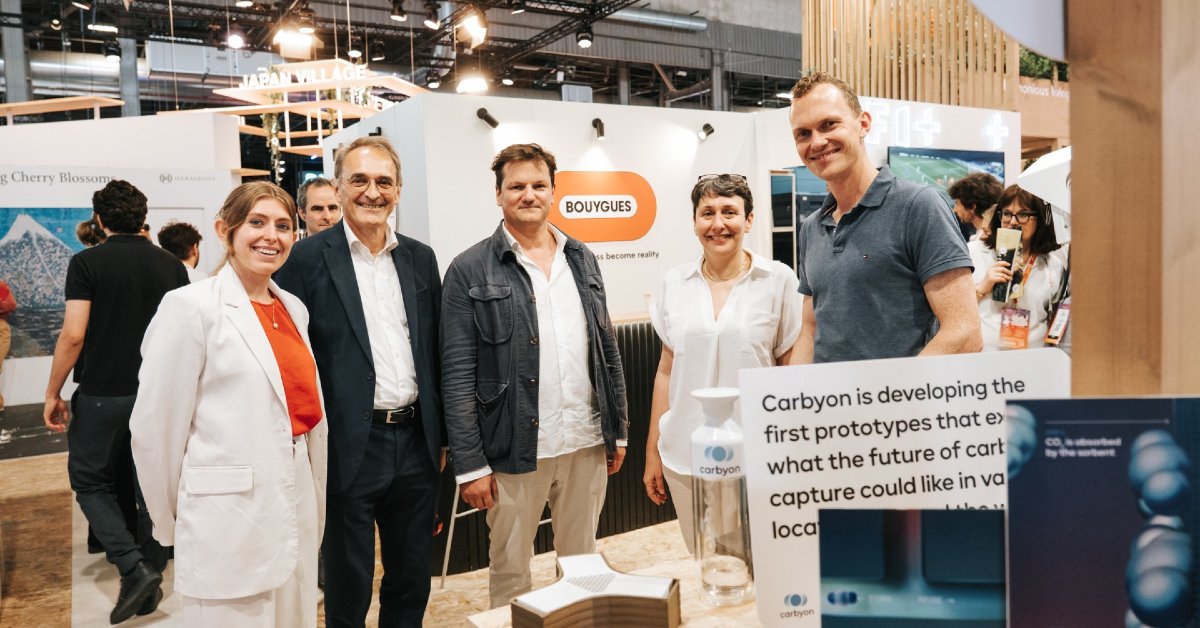
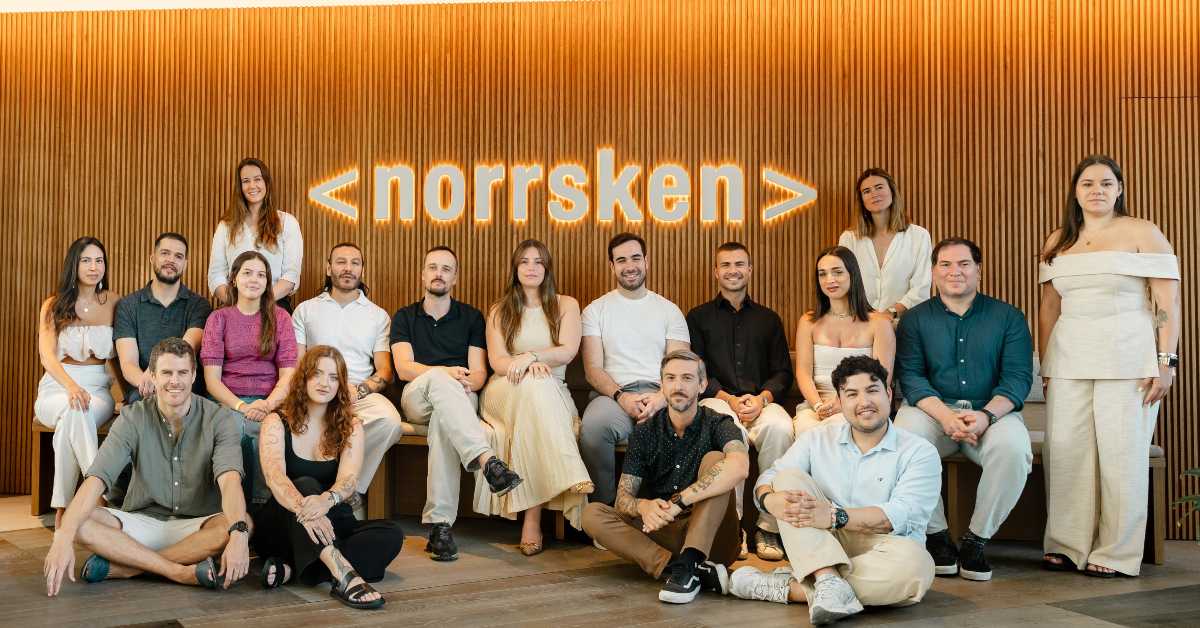
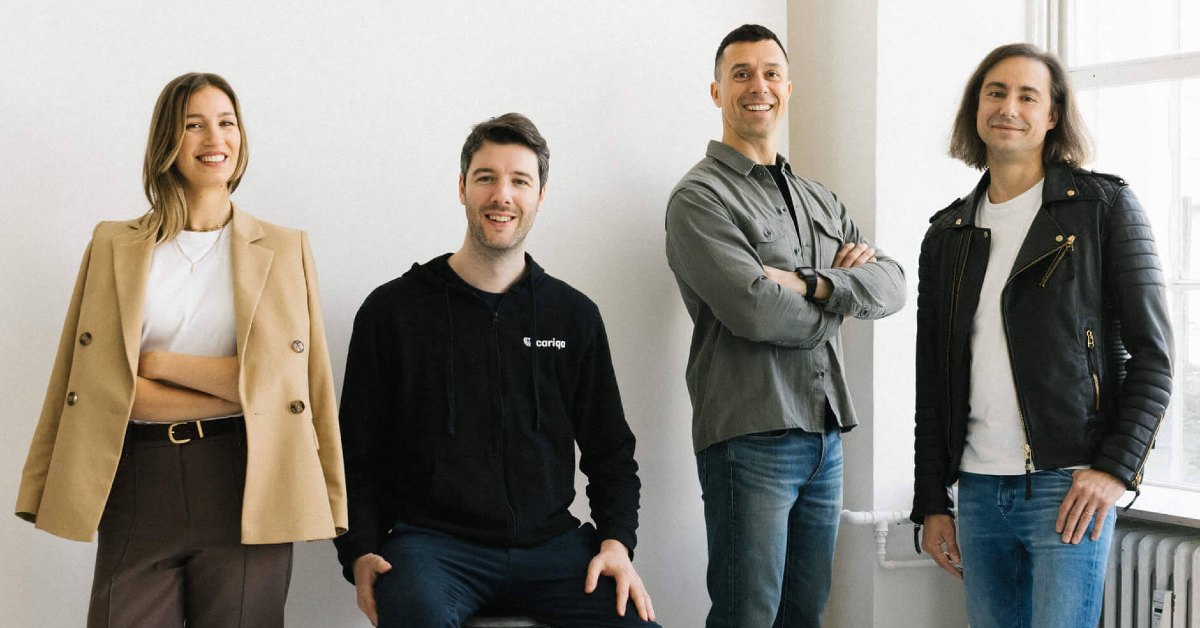

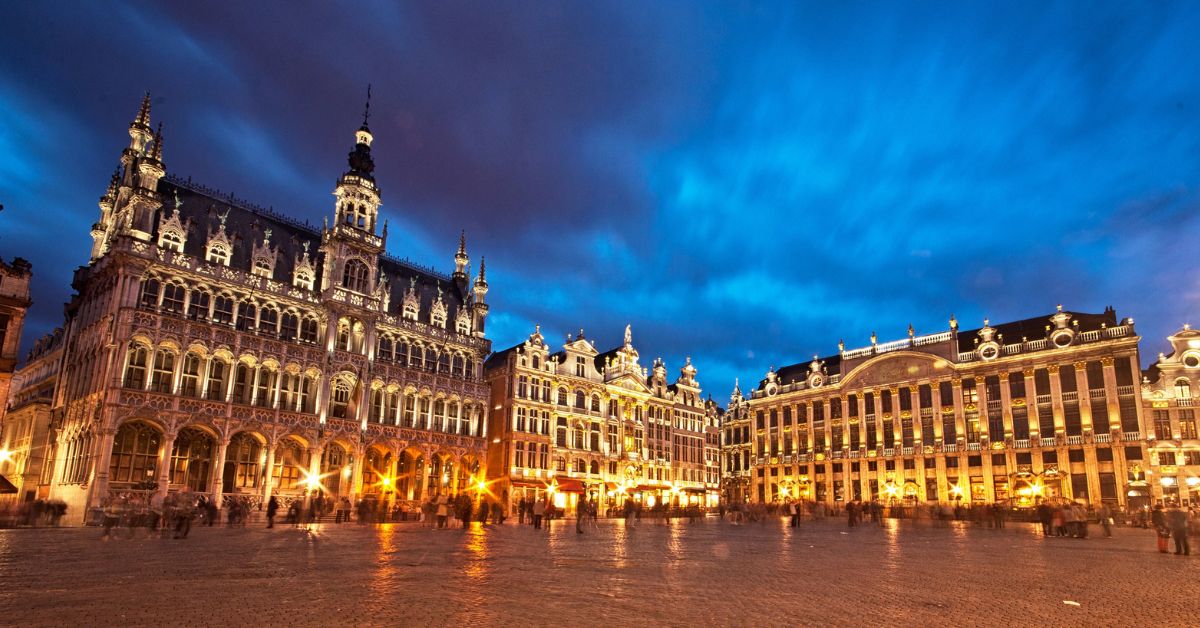
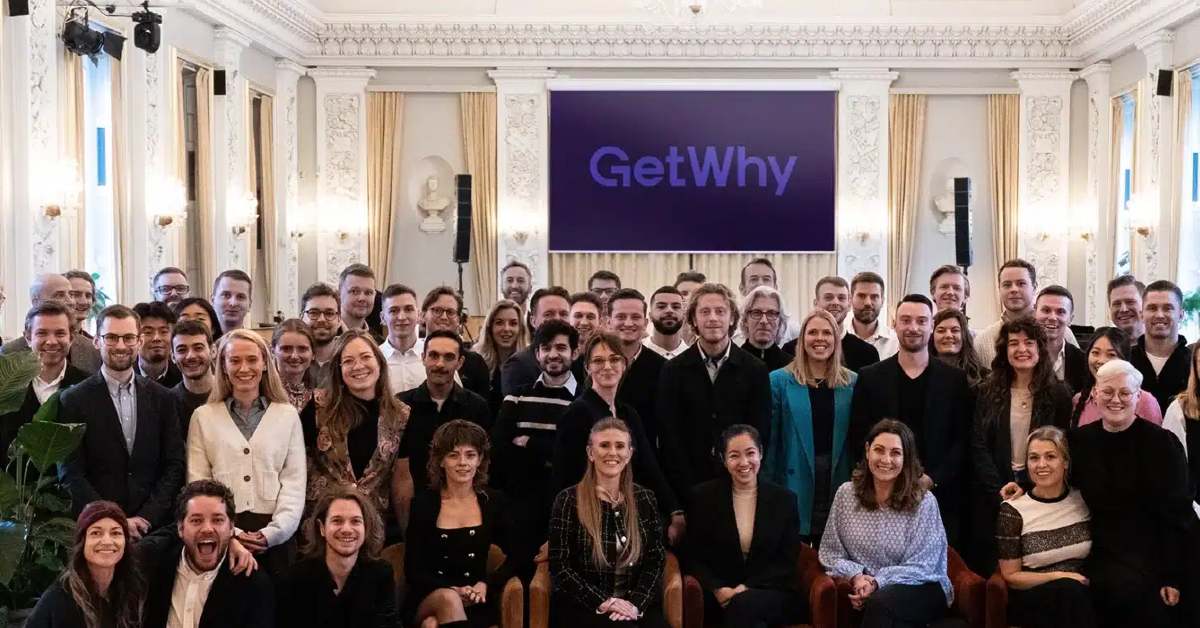

01
From telecom veteran to Dutch Startup Visa success: The Jignesh Dave story